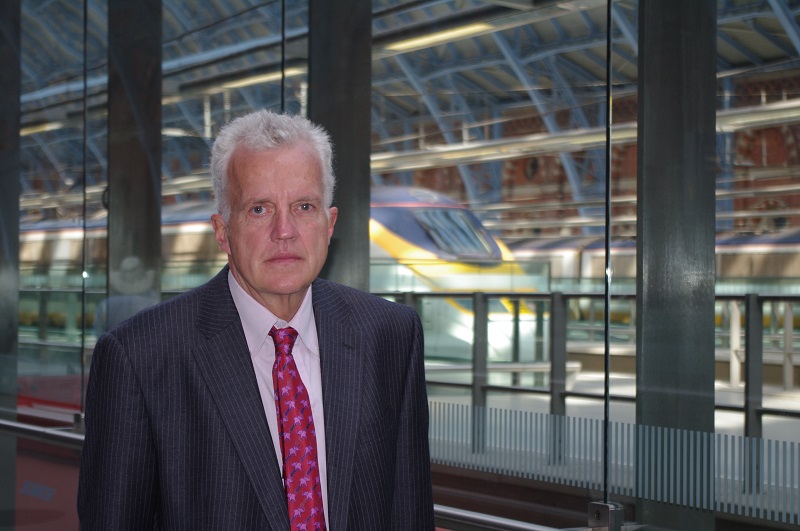My new book, Engines of War, which is being published next month, highlights a little known aspect of the history of the railways. They were responsible for enabling warfare to be carried out on a far bigger scale than anything before. Whereas Napoleon could bring together a few hundred thousand troops for a short period of time, his armies had to be on the move soon afterwards as otherwise they would run out of food – especially for the horses which were ultimately more important than the men.
The railways changed that. By making the line of communication so much more efficient, armies could now stay in the same place for a long period of time, knowing that the railway network behind them would keep up a steady supply of men, munitions and food. Yet, paradoxically, once troops got off the trains, the lack of good roads and motorised transport meant that they were in the same position as their forebears in Napoleonic or even Roman times. The three and a half year stalemate on the Western Front during the First World War was the ultimate expression of this contradiction. It was only when the sophisticated weaponry of the second half of the 20th century was developed that the railways no longer played a central role in war.
I mention this not just to satisfy the author’s ever pressing need to publicise his books, but also because there are important lessons about the unintended consequences of technological progress and change. The development of the railways was mostly a force for the good. They allowed people to travel across countries and even continents in an unprecedented way and stimulated the remarkable economic progress of the 19th century. The fact that the railways allowed war to take place on an industrial scale was an unintended consequence that no one had foreseen.
I am spending July cycling through France, criss crossing the main arteries on tiny little routes departmentales and even villageoises and the impact of the transport revolution brought about by the car, and now the internet are all too apparent. Most of the villages are deader than dead – yes they are still inhabited but most of the signs that say Bar or Alimentation Generale are faded and painted above premises that have long been boarded up or which now house a family, probably outsiders who commute in their Peugeot or Renault to the local town.
La France Profonde is, well, not quite so profonde any more. Yes, to a much greater extent than in Britain local shops, genuinely owned by small businesses rather than chains, still exist in the larger local towns but even they are under threat. It is not for nothing that the word Hypermarché is French, and they make even the massive Tesco superstores seem modest in comparison. M Dupont and M Lefevre, the local baker and butcher, simply cannot compete. The villagers simply go to E Leclerc or Casino, killing off their local shopkeepers. Easy transport by autoroute to these previously inaccessible parts of France has also given their residents opportunities to leave them.
The TGV has actually exacerbated this situation. Several times we have crossed the LGV lines and virtually always there is a huge double decker train thundering by, potentially carrying 500 people, sometimes with two linked together able to take twice that number. Yet, these trains do not serve France Profonde, merely crossing it as fast as possible to get to Marseille, Strasbourg or Bordeaux. They are the best way of getting around France, but only to people who live in or near the big cities, giving them yet another advantage over France Profonde.
That thought has not escaped those opposing the high speed line in Britain. I spoke at a meeting organised by Buckinghamshire County Council and the opposition was not motivated by simple Nimby considerations but by issues such as these. It was remarkably well thought through and intelligent: ‘What good will it do for us without even a station at Milton Keynes?’, suggested one speaker and there were many other questions about the economic effects of the line.
Just as with the military aspects of the invention of the railway, the high speed line will result in all kinds of unintended consequences. As it happens, many of these will affect Tory areas disproportionately and at some point ministers well may wake up to them. Then the solid front demonstrated so far in favour of the line may well start to crumble.
